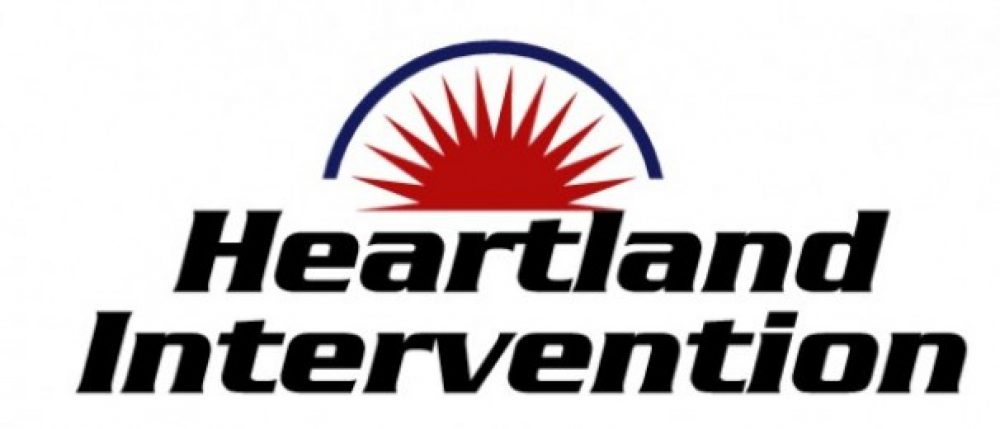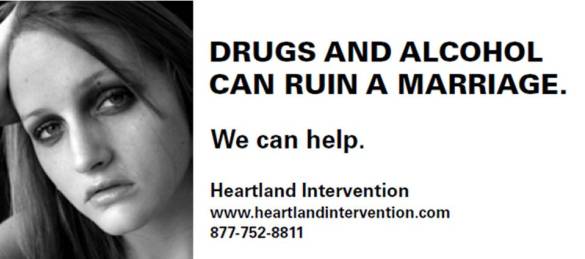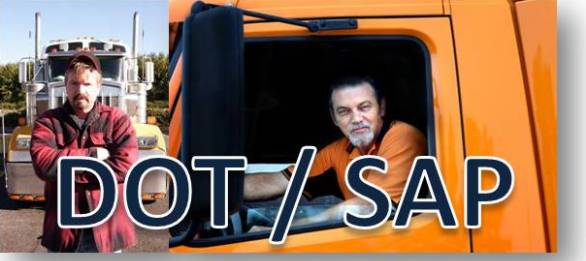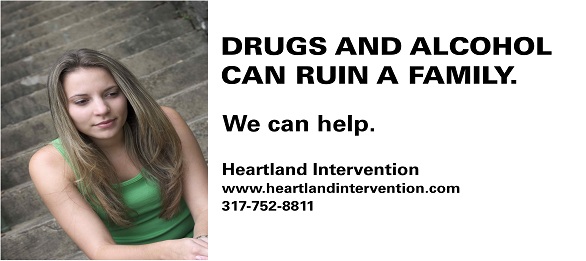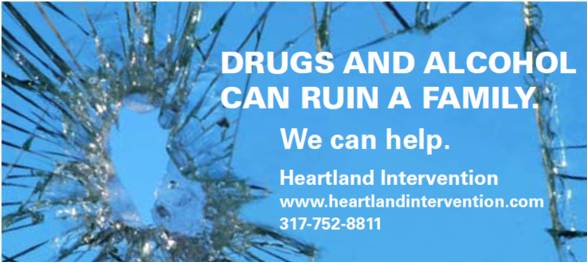No topic strikes fear into the heart of people like that of suicide. At some point most of us are likely to be impacted by the suicide of a family member, friend, neighbor, co-worker or client. For families that struggle with addiction, the looming fear of suicide or other self-harm is a constant companion. Statistics show that those who abuse drugs and alcohol and ten times (10x) more likely to commit suicide than the general population. That number skyrockets for IV-drug users.
Recently, our area has seen a huge increase in the number of teenage suicides. That prompted a discussion on 93.1 WIBC to address what can be done to save young lives. Heartland founder Scott J. Watson was honored to be a part of that panel convened by John Kesler along with Sen. Jim Merritt, Dr. Julie Steck and Stuart Hobson whose son recently killed himself. The panel noted that depression, family history, previous attempts and co-occuring disorders were also suicide risk factors.
The responsability for stemming the tide of suicide, which is psychologist Julie Steck says is the leading cause of adolescent death, lies with all of us. Heartland’s Scott J. Watson offered a suggestion to all parents and those who work with youth. “No matter how dark it is, how bad it hurts or what’s been done to you, find a way to say three critical words….I NEED HELP.” This is the message we need to send to all of our young people so that they know there is a better way out.
Often self-harm and substance use are symptoms of a much bigger problem. It is important that families access therapeutic professionals to properly evaluate mental health and addiction concerns. If someone is suicidal, take it seriously and call 911. If you are worried about a loved one call a community mental health center, hospital or Heartland Intervention today.
